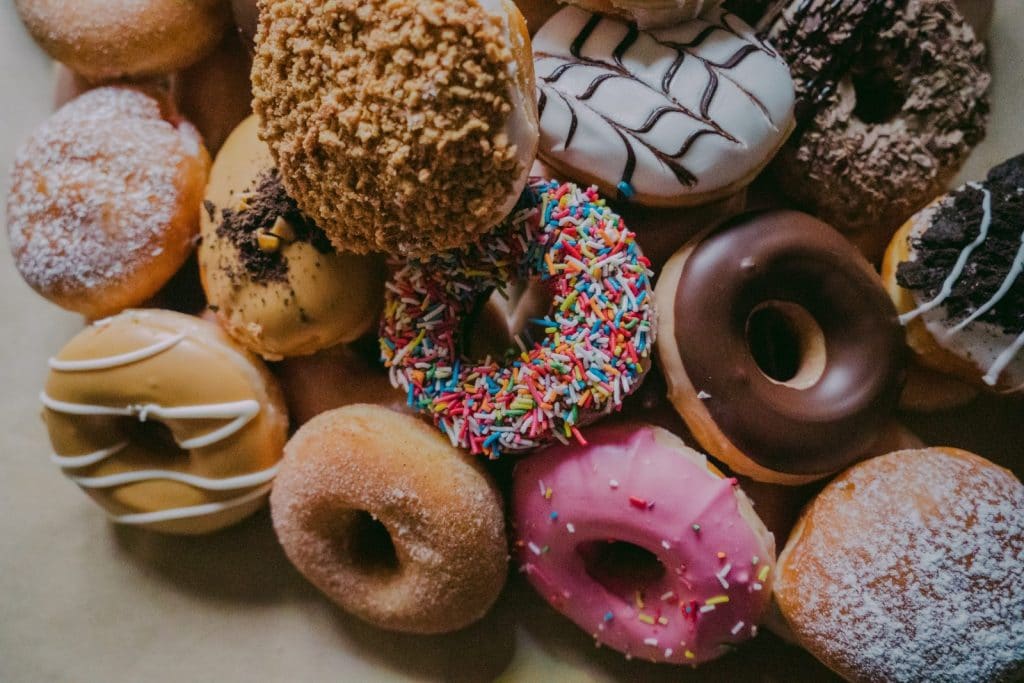 Sugar does not improve any aspect of mood and it can even worsen it, according to data gathered from 31 studies. Instead, sugar increases tiredness and lowers alertness within an hour after its consumption.
Sugar does not improve any aspect of mood and it can even worsen it, according to data gathered from 31 studies. Instead, sugar increases tiredness and lowers alertness within an hour after its consumption.
Led by Dr Konstantinos Mantantzis at Humboldt University of Berlin, Dr Sandra Sünram- Lea at Lancaster University, Dr Friederike Schlaghecken and Professor Elizabeth Maylor in Warwick’s Department of Psychology, the study set out to examine the myth of the ‘sugar rush’: can sugar really put you in a better mood?
In a meta-analysis of 31 published studies involving almost 1300 adults, the researchers investigated the effect of sugar on various aspects of mood, including anger, alertness, depression, and fatigue. In doing so, they also considered how factors such as the quantity and type of sugar consumed might affect mood, and whether engaging in demanding mental and physical activities can make a difference.
The researchers found that sugar consumption has virtually no effect on mood. Regardless of how much sugar is consumed or whether people engage in demanding activities after taking it. sugar does not seem to improve mood. On the contrary: within an hour, people who had sugar felt more tired and less alert than those who had not.
The researchers concluded that the idea of a ‘sugar rush’ is a myth without any truth behind it.
Dr Konstantinos Mantantzis, from Humboldt University of Berlin, commented:
‘The idea that sugar can improve mood has been widely influential in popular culture, so much so that people all over the world consume sugary drinks to become more alert or combat fatigue. Our findings very clearly indicate that such claims are not substantiated — if anything, sugar will probably make you feel worse.“
Dr Sandra Sünram-Lea commented:
“The rise in obesity, diabetes and metabolic syndrome in recent years highlights the need for evidence-based dietary strategies to promote healthy lifestyle across the lifespan. Our findings indicate that sugary drinks or snacks do not provide a quick “fuel refill” to make us feel more alert.’
Professor Elizabeth Maylor, from the University of Warwick, also commented:
“We hope that our findings will go a long way to dispel the myth of the ‘sugar rush‘ and inform public health policies to decrease sugar consumption.’
Useful links
Access the article on Science Direct
Report on the article in the Daily Mail “Sugar rush is a myth: Indulging in sweet treats does NOT improve your mood or give you a ‘quick refill’ and may even ‘make you feel worse'”.
Interview and article in German for Südwestdeutscher Rundfunk: Studie zu Ernährungsmythos: Zucker macht weder wach noch glücklich
Article in French for Medisite
Pour le Dr Sandra Sünram-Lea, de l’université de Lancaster:
“l’augmentation de l’obésité, du diabète et du syndrome métabolique au cours des dernières années souligne la nécessité de mettre en place des stratégies alimentaires fondées sur des preuves, afin de promouvoir un mode de vie sain tout au long de la vie. Nos résultats indiquent que les boissons ou collations sucrées ne fournissent pas une “recharge de carburant” rapide qui nous ferait sentir plus alerte”.
Article in New York Post “There’s no such thing as a ‘sugar rush’ — it’s a mood killer: study”.